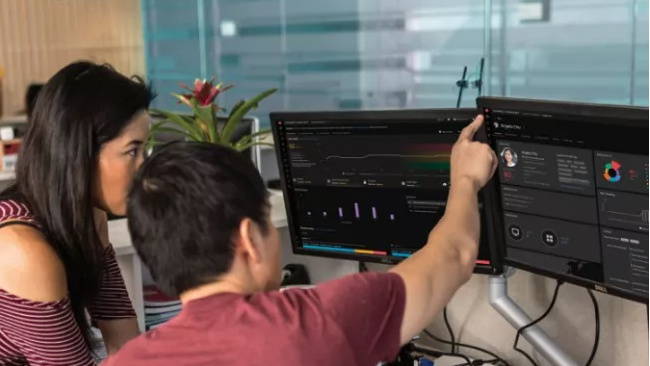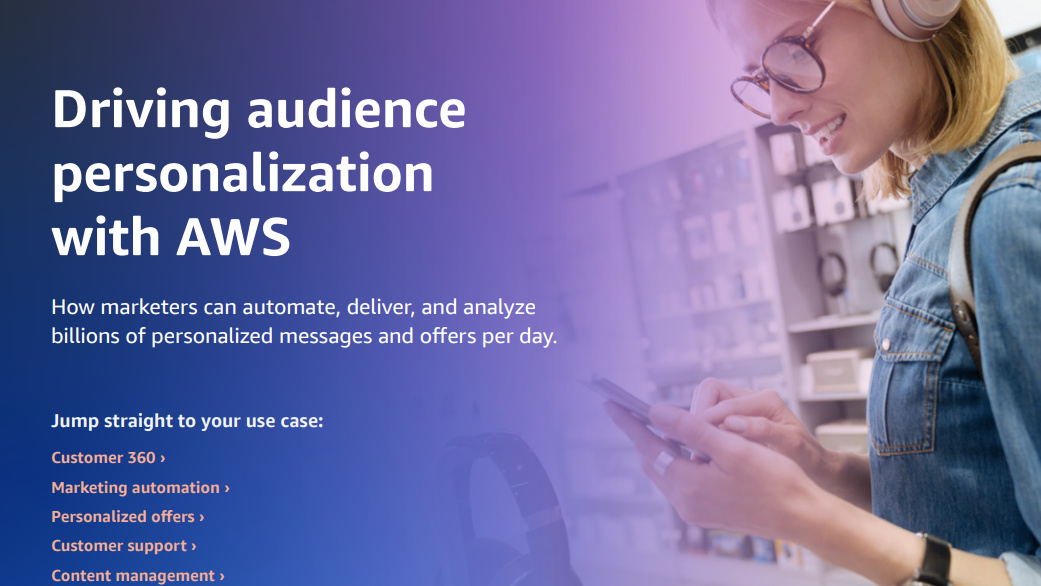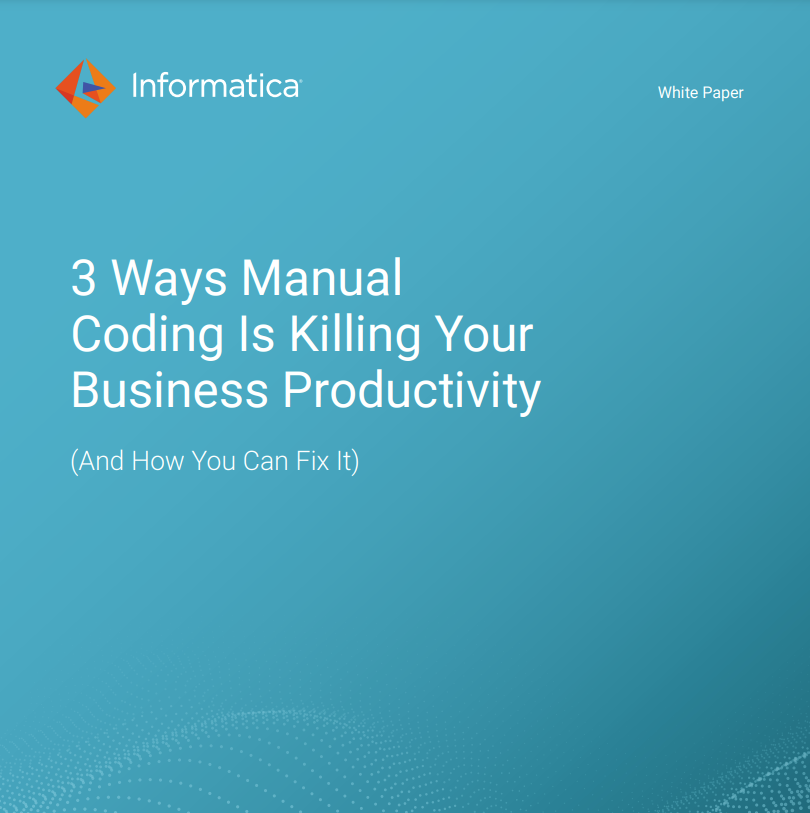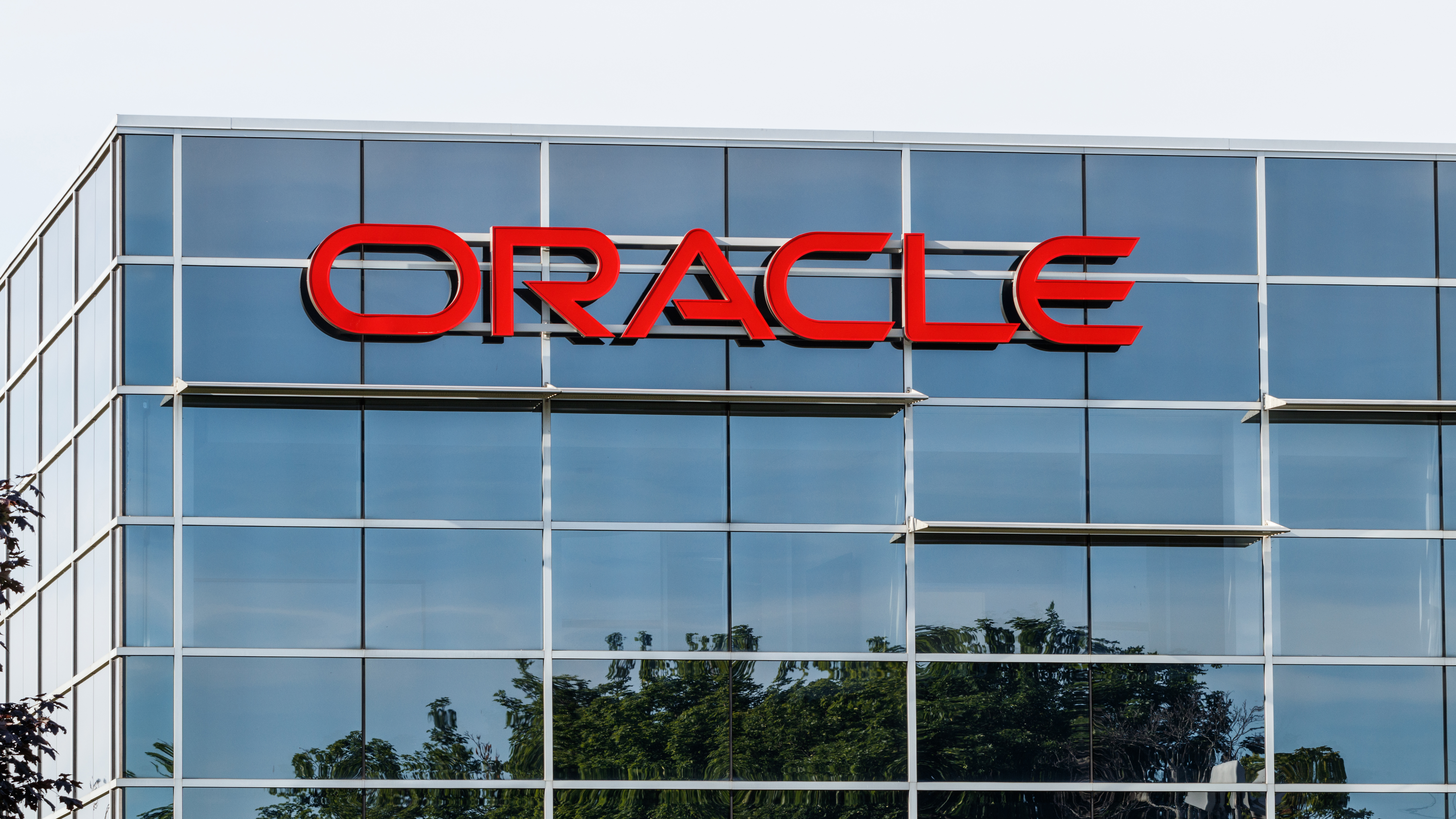
Sign up today and you will receive a free copy of our Future Focus 2025 report - the leading guidance on AI, cybersecurity and other IT challenges as per 700+ senior executives
You are now subscribed
Your newsletter sign-up was successful
Data on at least 377,000 UK residents is being amassed and used as part of a scheme to use predictive analytics to predict child abuse, reported The Guardian.
Through the use of algorithmic profiling, the data will be analysed and used to predict when child abuse could take place and allow for the authorities to intervene before it occurs. The scheme is being billed as a means of assisting social workers.
Despite good intentions, the data sharing endeavour is likely to rustle up more than a little controversy, given its capacity to violate individual privacy.
The scheme is relatively nascent, although it has been activated by at least five local authorities, discerns The Guardian. These, it reports, have developed and/or implemented a data-fuelled predictive analytics system to protect youngsters from child abuse.
As for the kind of data sought, it's both eclectic and expansive. Councils have attained information on everything from police records on antisocial behaviour and domestic violence to housing association repairs and arrears data and information on school attendance and exclusion. However, some datasets were discarded from the final algorithmic profiling models.
When it comes to the legality of the collective endeavour, it is being overseen by the Information Commissioner's Office (ICO), which regulates the use of individuals' personal data by third parties, both public and private. Speaking to The Guardian, an ICO spokesperson assured that the organisation would perform the requisite checks to ensure local councils complied with data protection law while undertaking the predictive analytics schemes.
Meanwhile, councils that currently employ algorithmic profiling are reporting results; take Hackney Council, which recently revealed that its system had flagged 350 potential risk families in need of protection. Thurrock Council followed close behind, reporting 300 similar incidences.
Sign up today and you will receive a free copy of our Future Focus 2025 report - the leading guidance on AI, cybersecurity and other IT challenges as per 700+ senior executives
As the scheme snowballs, it's sure to generate further controversy with it. While it's not without its (sizeable) caveats, in an age where data is routinely chronically used to bolster commercial interest in phone cases/synthetic clothing/discount vouchers, using data to identify children at risk of abuse and act accordingly perhaps doesn't sound quite so monstrous after all.
-
 Mistral CEO Arthur Mensch thinks 50% of SaaS solutions could be supplanted by AI
Mistral CEO Arthur Mensch thinks 50% of SaaS solutions could be supplanted by AINews Mensch’s comments come amidst rising concerns about the impact of AI on traditional software
-
 Westcon-Comstor and UiPath forge closer ties in EU growth drive
Westcon-Comstor and UiPath forge closer ties in EU growth driveNews The duo have announced a new pan-European distribution deal to drive services-led AI automation growth
-
 SAS leans on synthetic data and digital twins to support business data demand
SAS leans on synthetic data and digital twins to support business data demandNews SAS has announced new synthetic data capabilities and support for digital twins in a bid to equip enterprises with concrete platforms for data-driven decision making.
-
 Alteryx unveils double leadership appointment in fresh growth drive
Alteryx unveils double leadership appointment in fresh growth driveNews Alteryx has announced the appointments of Jon Pexton as chief financial officer and Steven Birdsall as chief revenue officer.
-
 Three-quarters of data analysts are still reliant on spreadsheets and manual preparation – but AI tools are now transforming the profession, boosting productivity, and supercharging efficiency
Three-quarters of data analysts are still reliant on spreadsheets and manual preparation – but AI tools are now transforming the profession, boosting productivity, and supercharging efficiencyNews Data analysts are still largely reliant on spreadsheets and manual preparation techniques, but AI and automation are shaking things up.
-
 More than a number: Your risk score explained
More than a number: Your risk score explainedWhitepaper Understanding risk score calculations
-
 Automate personalization with AWS
Automate personalization with AWSWhitepaper How marketers can automate, deliver, and analyze billions of personalized messages and offers per day
-
 How LaLiga championed big data to transform data analytics in sport
How LaLiga championed big data to transform data analytics in sportCase Study Spain’s premier football division is hoping to transform not just football but sport as a whole with its data analytics efforts
-
 Three ways manual coding is killing your business productivity
Three ways manual coding is killing your business productivityWhitepaper ...and how you can fix it
-
 Oracle adds new capabilities to Smart Construction Platform
Oracle adds new capabilities to Smart Construction PlatformNews New analytics enable continuous improvement across project planning, construction, and asset operation